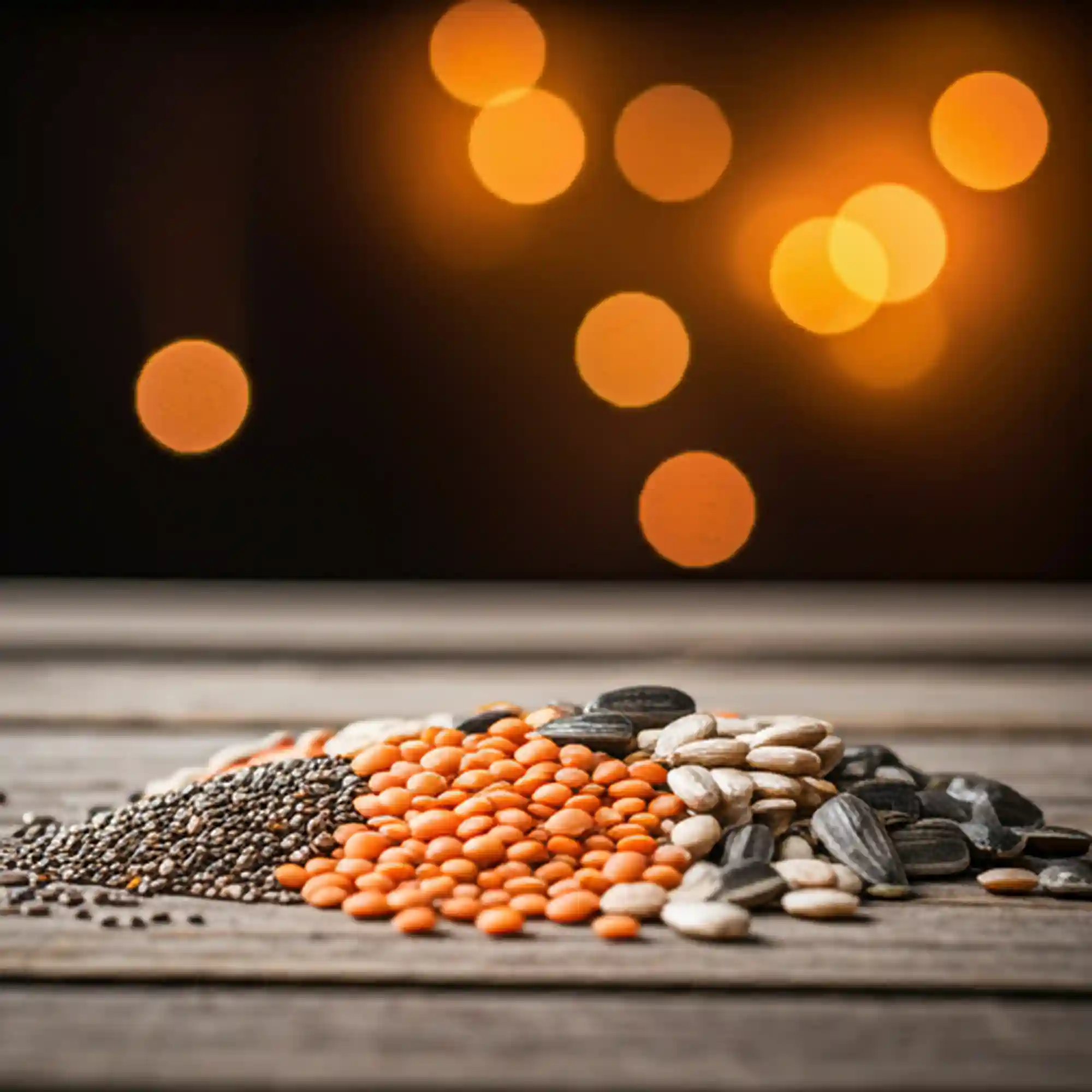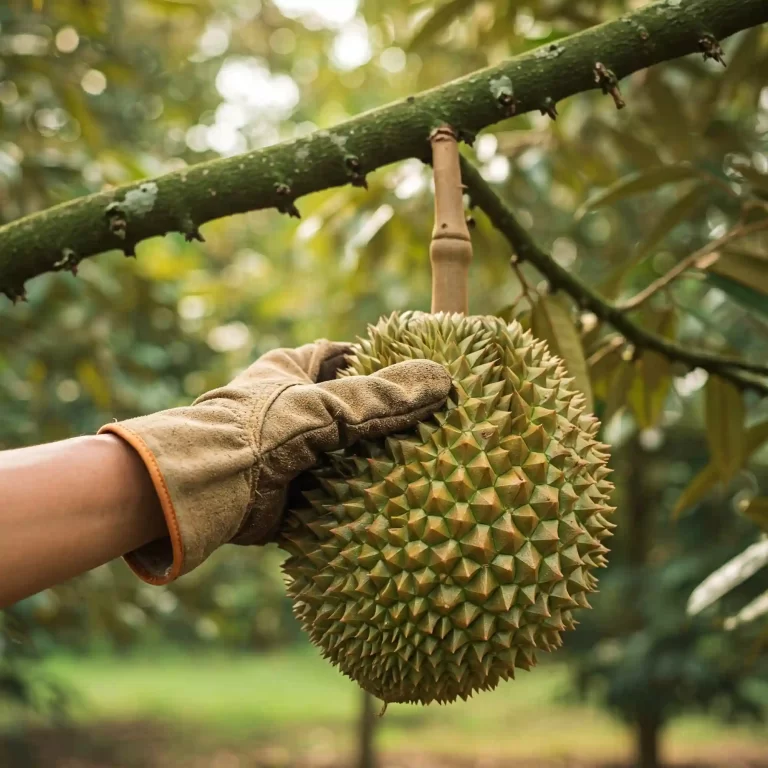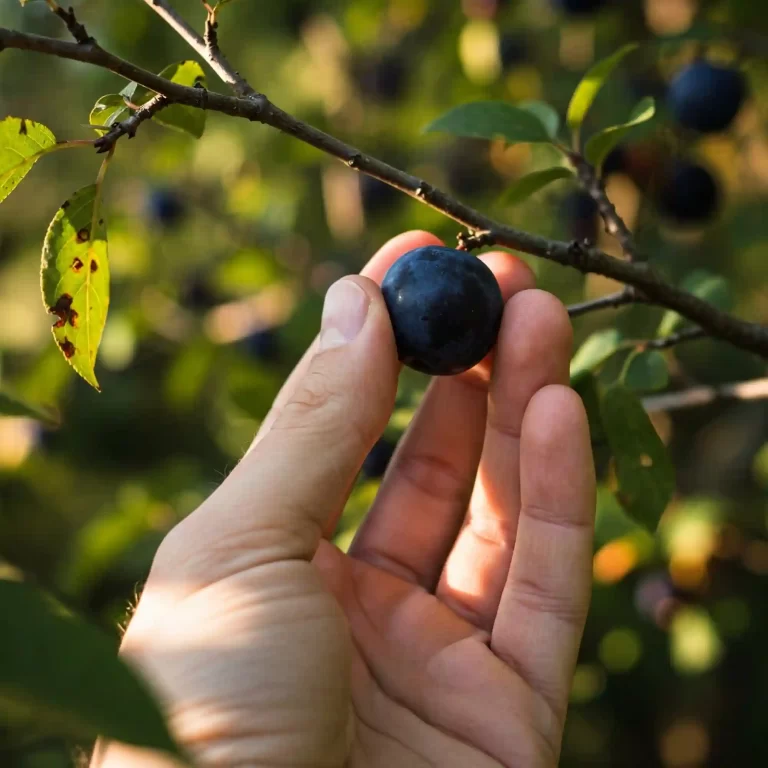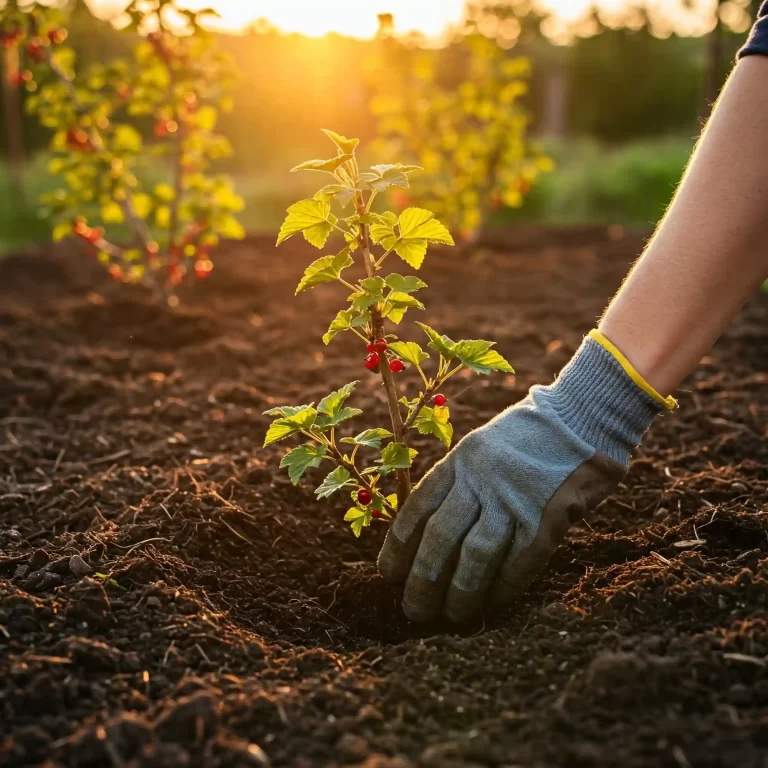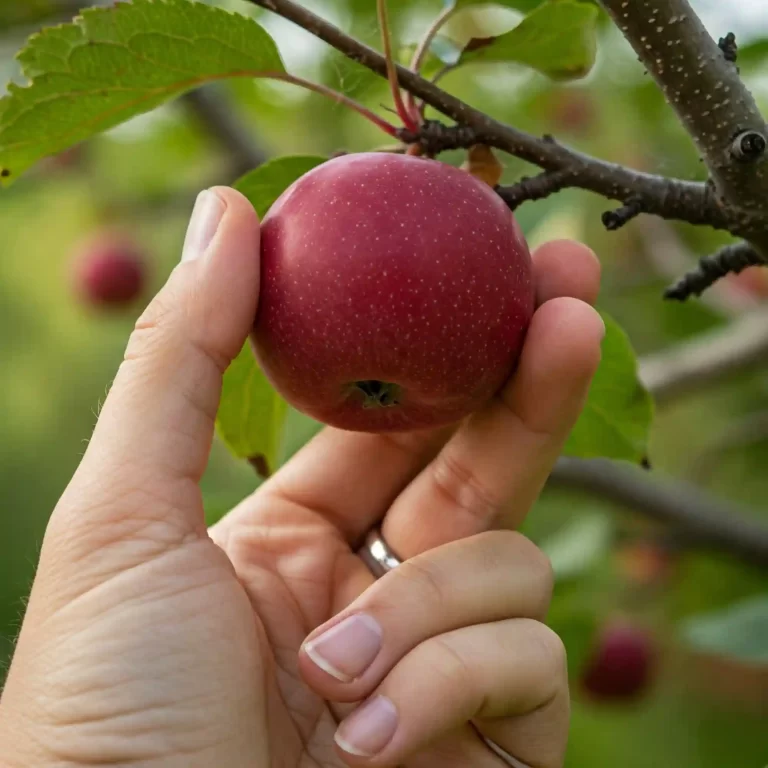Are you a budding gardener eager to cultivate your own fruits, vegetables, or flowers? Buying seeds is the first step in your gardening journey. With countless options available, it can be overwhelming to choose the right seeds for your specific needs. This comprehensive guide will walk you through the process of buying seeds, from understanding different seed types to mastering germination techniques.
Selecting the right seeds can be a daunting task for new gardeners.The wrong choice of seeds can lead to poor germination rates, unhealthy plants, and ultimately, a disappointing gardening experience.This guide will provide you with the knowledge and tools to make informed decisions about buying seeds, ensuring a successful gardening season.
Understanding Seed Types: Heirloom, Hybrid, Organic, and Non-GMO
Heirloom Seeds: A Timeless Choice
Heirloom seeds are a treasure trove for gardeners seeking to preserve traditional plant varieties. These seeds have been passed down through generations, often for centuries. They are known for their unique flavors, characteristics, and adaptability to local climates.
- Benefits of Heirloom Seeds:
- Flavor: Heirloom seeds often produce plants with superior taste and flavor profiles.
- Adaptation: They are well-suited to local conditions and can thrive in challenging environments.
- Genetic diversity: Heirloom seeds contribute to genetic diversity, which is essential for the long-term health of plant species.
- Cultural heritage: Growing heirloom seeds can connect you to your region’s agricultural history.
- Challenges of Growing Heirloom Seeds:
- Germination rates: Heirloom seeds may have lower germination rates compared to hybrid seeds.
- Susceptibility to diseases: Some heirloom varieties may be more susceptible to certain diseases and pests.
- Limited availability: Heirloom seeds can be harder to find compared to hybrid seeds.
Hybrid Seeds: The Modern Option
Hybrid seeds are created by cross-pollinating two different varieties of the same plant. This process results in offspring with desirable traits, such as increased yield, disease resistance, and uniformity.
- Benefits of Hybrid Seeds:
- Higher yield: Hybrid seeds often produce plants with higher yields and larger fruits or vegetables.
- Disease resistance: Many hybrid varieties are bred to be resistant to specific diseases and pests.
- Uniformity: Hybrid seeds typically produce plants with similar characteristics, making them easier to manage.
- Drawbacks of Hybrid Seeds:
- Loss of genetic diversity: The creation of hybrid seeds can contribute to a loss of genetic diversity.
- F1 generation: Hybrid seeds often produce F1 generation plants, which may not always produce true-to-type offspring in subsequent generations.
Organic and Non-GMO Seeds: Ethical Choices
Organic and non-GMO seeds are becoming increasingly popular among environmentally conscious gardeners. These seeds are produced using sustainable practices that minimize the use of synthetic chemicals and genetically modified organisms.
- Benefits of Organic Seeds:
- Environmental sustainability: Organic seeds are grown without the use of harmful pesticides and herbicides.
- Healthier produce: Plants grown from organic seeds may contain higher levels of nutrients.
- Support for local farmers: Purchasing organic seeds can support local farmers and economies.
- Benefits of Non-GMO Seeds:
- Preservation of genetic diversity: Non-GMO seeds help to maintain genetic diversity and prevent the spread of genetically modified organisms.
- Reduced environmental impact: Non-GMO seeds can have a lower environmental impact compared to GMO seeds.
Choosing the Right Seeds
Factors to Consider When Buying Seeds
When selecting seeds, it’s essential to consider several factors to ensure successful gardening. These factors include:
- Climate and growing season: Research the planting season in your region and choose seeds that are suitable for your local climate.
- Soil type and pH: Different plants have specific soil requirements. Consider the soil type in your garden and select seeds that thrive in your conditions.
- Sunlight requirements: Determine how much sunlight your garden receives and choose seeds accordingly. Some plants require full sun, while others prefer partial shade.
- Plant spacing: Research the recommended spacing for the plants you intend to grow to ensure they have enough room to thrive.
- Germination rates: Look for seeds with high germination rates to increase your chances of success.
- Seed quality and viability: Purchase seeds from reputable sources to ensure they are of good quality and have a high viability rate.
Popular Seed Varieties to Consider
There are countless seed varieties available, making it challenging to choose the right ones. Here are some popular options to consider:
- Vegetables: Tomatoes, peppers, cucumbers, carrots, lettuce, spinach, broccoli, cauliflower, squash, zucchini, beans, peas, corn, and potatoes.
- Fruits: Strawberries, blueberries, raspberries, apples, pears, cherries, peaches, plums, grapes, and citrus fruits.
- Herbs: Basil, parsley, oregano, thyme, rosemary, sage, mint, cilantro, dill, and chives.
- Flowers: Sunflowers, roses, daisies, tulips, lilies, pansies, petunias, marigolds, zinnias, and cosmos.
- Grass: Lawn grasses (Kentucky bluegrass, fescue, ryegrass), wildflower mixes, and cover crops.
Remember to choose seeds that align with your gardening goals and preferences. Consider factors such as taste, appearance, and nutritional value when selecting varieties.
Where to Buy Seeds
Online Seed Retailers: A Convenient Option
In today’s digital age, purchasing seeds online offers numerous benefits. Online seed retailers provide a vast selection of varieties, often at competitive prices. Additionally, many online retailers offer convenient features like seed calculators, planting guides, and customer reviews.
- Popular Online Seed Retailers:
- Burpee: https://www.burpee.com/
- Johnny Seeds: https://www.johnnyseeds.com/
- Baker Creek Heirloom Seeds: https://www.rareseeds.com/store
- Park Seed: https://www.parkseed.com/
- Territorial Seed Company: https://territorialseed.com/
- Benefits of Buying Seeds Online:
- Wider selection: Online retailers often have a more extensive range of seed varieties compared to local stores.
- Convenience: Shopping online allows you to browse and purchase seeds from the comfort of your home.
- Free shipping: Many online retailers offer free shipping on orders over a certain amount.
- Customer reviews: Read reviews from other customers to get insights into seed quality and performance.
Local Nurseries and Garden Centers: Supporting Local Businesses
Supporting local businesses is a great way to contribute to your community. Local nurseries and garden centers often carry a variety of seeds, including regional varieties that may be well-suited to your local climate.
- Benefits of Buying Seeds Locally:
- Personalized advice: Local staff can provide personalized advice based on your specific needs and gardening conditions.
- Support for local businesses: Purchasing seeds from local nurseries helps to sustain your community’s economy.
- In-person experience: Visiting a local nursery or garden center can be a fun and educational experience.
Seed Exchanges and Sharing: Connecting with Other Gardeners
Participating in seed exchanges and sharing seeds with other gardeners can be a rewarding experience. It’s a great way to connect with like-minded individuals and discover new and unique varieties.
- Benefits of Seed Exchanges and Sharing:
- Variety: You can acquire seeds that may not be available commercially.
- Community: Connecting with other gardeners can foster a sense of community and support.
- Preservation of genetic diversity: Seed exchanges help to preserve genetic diversity and prevent the loss of heirloom varieties.
Storing and Germinating Seeds
Proper Seed Storage: Ensuring Longevity
Storing seeds correctly is crucial to maintaining their viability and ensuring successful germination. Follow these guidelines for proper seed storage:
- Temperature: Store seeds in a cool, dry place. Avoid storing them in areas with extreme temperature fluctuations.
- Humidity: Keep seeds in airtight containers to prevent moisture from affecting their quality.
- Light: Store seeds away from direct sunlight, as exposure to light can reduce their viability.
- Labeling: Label each seed packet with the variety, date of purchase, and germination date to track their freshness.
Germination Techniques: Maximizing Success
Germination is the process of a seed sprouting and developing into a plant. There are several techniques you can use to maximize your germination success:
- Starting seeds indoors:
- Use seed starting trays or pots filled with a well-draining seed starting mix.
- Moisten the soil and sow the seeds according to the package instructions.
- Cover the seeds with a thin layer of soil or vermiculite.
- Place the trays in a warm, humid location with indirect light.
- Mist the soil regularly to keep it moist.
- Direct sowing:
- Plant seeds directly into the garden bed after the last frost.
- Prepare the soil by loosening it and adding compost.
- Sow the seeds according to the package instructions.
- Cover the seeds with a thin layer of soil.
- Water the seeds thoroughly.
Additional Tips:
- Check germination rates: Monitor the seeds for signs of germination. If germination rates are low, consider re-sowing.
- Thin seedlings: If seedlings are too crowded, thin them out to give them enough space to grow.
- Protect seedlings: Protect seedlings from pests, birds, and harsh weather conditions.
By following these tips, you can increase your chances of successful seed germination and enjoy a bountiful harvest.
Conclusion
Buying seeds is the first step toward a fulfilling gardening experience. By understanding different seed types, choosing the right varieties, and following proper storage and germination techniques, you can cultivate healthy and productive plants. Whether you’re a seasoned gardener or just starting out, this guide will provide you with the knowledge and tools to succeed in your gardening endeavors.
